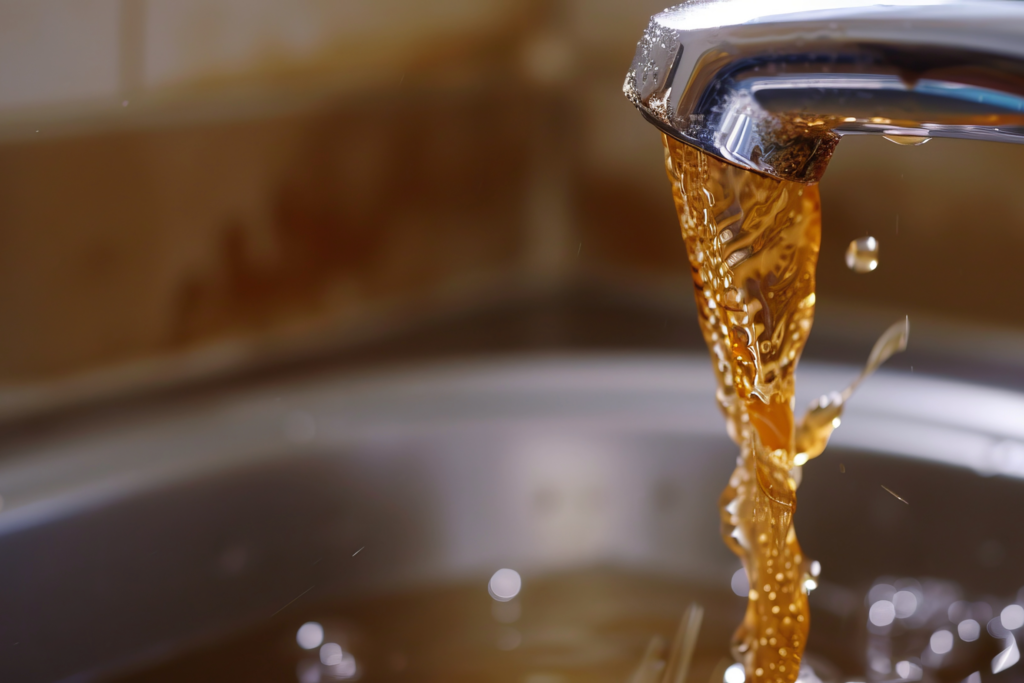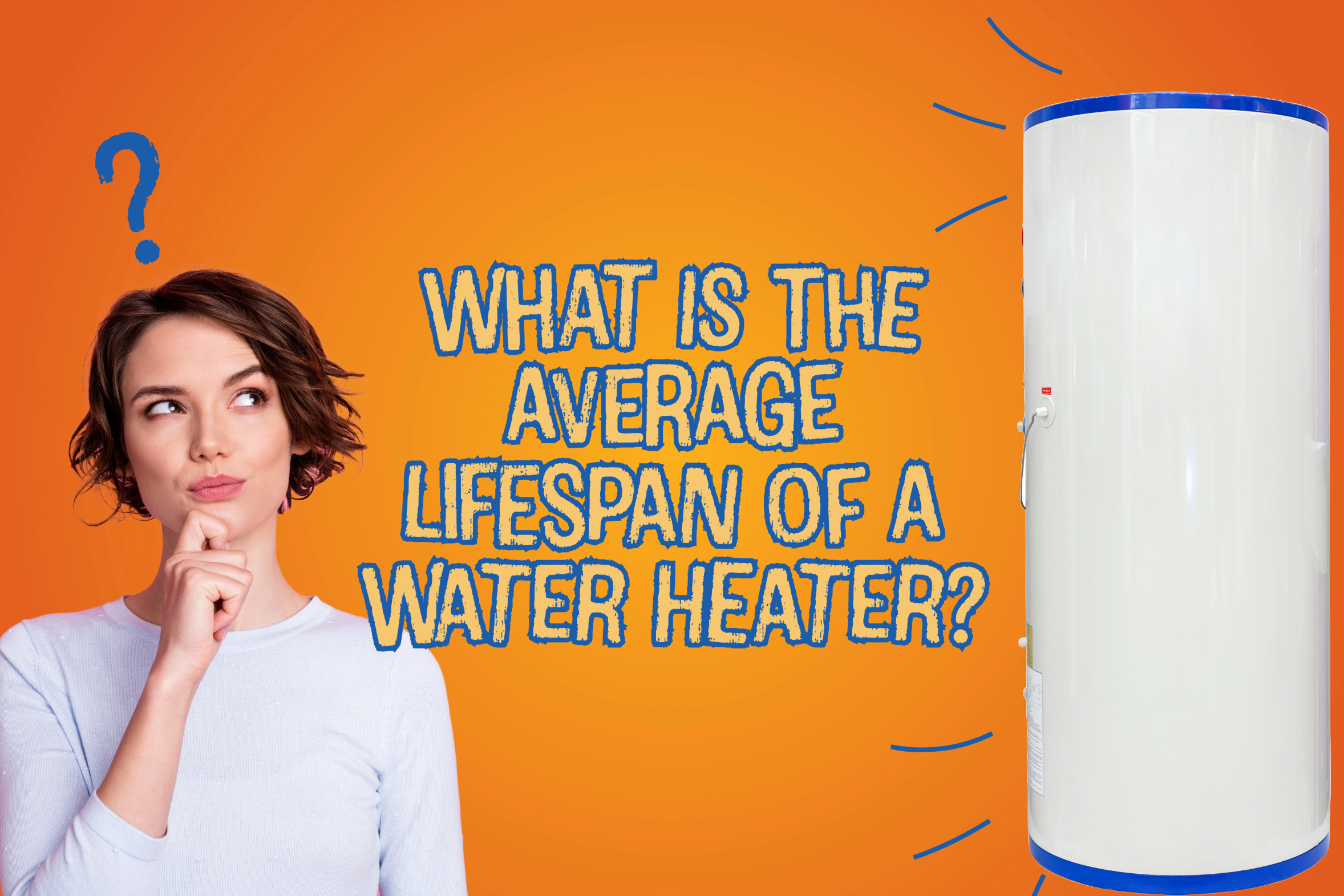If you’re dealing with water heater issues and have a few questions, you’re in the right place! As your plumbing services partner, we understand how overwhelming this can be. What questions should you ask? Why does it need to be replaced? How do you know when to replace it versus when to go for a repair? These are all great questions! But if you’ve never had to ask them before, it can be tricky to know what to ask. That’s where Bellbrook Plumbing & Drain comes in!
We’re here to make everything home-related as smooth and stress-free as possible. Let’s kick things off with the basics. One question we often hear is, how long does a water heater last?
What Is a Water Heater’s Average Lifespan?
In general, water heaters have a lifespan of about 8 years. However, it’s worth noting that some can last between 8 and 10 years. If your water heater has reached the 10-year mark, it’s likely nearing the end of its lifespan. Planning ahead is crucial to avoid unexpected issues. No one likes surprises when it comes to essential home appliances.
What Factors Affect the Lifespan of a Water Heater?
Understanding the longevity of your water heater involves considering several key factors. These factors include:
- Usage – How much water you use plays a big role in how long your water heater will last. Should you cut down on water just for this reason? Definitely not! But it’s something to keep in mind.
- Maintenance – Taking good care of your unit sets it up for a longer life. So, if you’re skipping annual checkups and those important water heater flushes, your water heater is going to wear out faster.
- Water Quality – The quality of your water matters. Hard or soft water, thanks to minerals like calcium and magnesium, can lead to buildup that will affect the lifespan and efficiency of your system.
- Installation Quality – If your water heater isn’t installed properly, it could wear out faster, get damaged, or even be a safety hazard to your home and family.
- Equipment Quality – Choosing a cheaper, lower-quality brand for such a frequently used appliance isn’t a great idea. This is because the materials inside these water heaters’ tanks and heating elements greatly impact how well they function and how long they last.
What Are Some Signals That You Need to Replace Your Water Heater?

- The Water Is Rusty – If the water from your faucets looks discolored or “rusty,” it’s a clear sign your water heater might be nearing the end of its life. Similarly, if the water has a metallic smell or taste, it’s time to start considering replacement options.
- The Water Is Not Getting Hot – Notice your water heater is struggling to keep up with your hot water needs? This could mean sediment buildup or general wear and tear, and a replacement might be necessary.
- The Water Is Leaking or Pooling Around the Base of the Unit – A leaking water heater often leads to water pooling around its base. Get a professional to check it out ASAP; depending on the issue, you might need a new one.
- The Water Heater Is More Than 10 Years Old – Age is a big factor in deciding whether to replace a water heater. If it’s over 10 years old, getting a new one might be your best bet.
- The Water Heater Requires Frequent Repairs – While repairs can fix some issues, constant repairs are a bad sign. Instead of pouring more money into an old heater, investing in a new, energy-efficient model could save you more in the long run.
What Kind of Maintenance Can You Do to Your Water Heater’s Lifespan?
Since water heating accounts for about 18% of a household’s energy expenses, it’s a good idea to keep your water heater up to date and running smoothly. Regular maintenance can help your heater run at its best and last longer. Here’s what you should do:
- Flushing Your Water Heater – Sediment buildup can cause your system to overheat and lead to other issues, shortening its lifespan and leading to costly repairs.
- Avoid Using High Water Temperatures – Setting your water heater too high can wear it down faster, reducing its lifespan.
- Prevent Rust Buildup on the Exterior – Rust on the outside of the unit can reduce its efficiency and life expectancy.
- Keep Up with Annual Maintenance – Don’t skip your yearly plumbing inspections. Staying up to date helps ensure everything runs smoothly. A licensed plumber can spot minor issues before they become big problems, preventing potential plumbing disasters.

Keeping tabs on your water heater’s age is useful since it helps you plan ahead and make the right decision when needed. Not sure how old your water heater is? Or maybe you want a free water heater estimate for a replacement. Whatever your question or need, we’ve got you covered!
You can count on Bellbrook Plumbing & Drain for all your plumbing needs! Call us today at (937) 240-3731 or schedule an appointment online now by clicking here!

